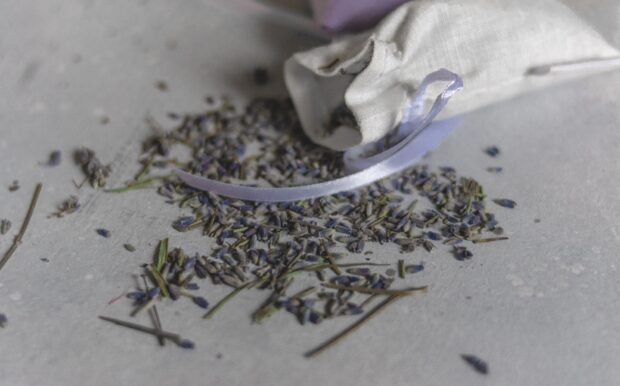You have no items in your cart. Want to get some nice things?
Go shopping
Down the dry dry path through the firs and moss and vines and bustles of mountain blueberries the innocent ran. He knew he wasn’t fast enough to escape but he believed in miracles, so he continued on, if only to allow more time for God to work. The sound of the men from the camp chasing him had grown louder over the last quarter mile, but the tiny cloth sleeve he’d stolen lay safe inside the pocket of his thin woolen trousers, a sleeve filled with small, kernel-like seeds, so few, so small, by appearance little more than sand, seeds that would heal the world, the prophet said. The theft was the only physical sin he had knowingly committed, though in his young mind often violence played. For this reason he feared the men; he’d not only heard stories of them, he’d imagined in great detail what they might do. He crossed himself.
At a switchback near a small alpine pond, his endurance failed. He heard the barks of dogs—they would likely be the first to catch him. Winded, he stopped, leaning over, coughing, praying. Morning sun shone across the path: canary, butter, butterscotch. He removed the seed sleeve from his trouser pocket. He considered dumping them out and hoping they’d grow, but he didn’t have time to bury them, and the ground was a leaf warped brittle by the changing of seasons. Thinking of nowhere to hide them, he poured the seeds into his dry mouth, conjuring enough spit to make a paste to store under his tongue. He threw the empty sleeve into the bramble on the side of the path just before the dogs and the men rounded the switchback. They stopped and some began mocking him, perhaps in delight at what soon would follow. They looked haggard, all of them, even while they were triumphant. Did he have the seeds. Would he tell where they’d gone. No.
These are my people, he thought, as a chestnut-bearded man gripped his arm, tight enough to make him wince. These men, he thought, they know not what they do. He exhaled a last, brief breath of fear and his heart settled. He no longer cared what they did to him. He cared only about the seeds in his mouth, resting against his gums. Roots could not spread in dry ground, and there would be no rain until fall. But his time wasn’t spent. Not yet. And as the prophet once said, the logic of miracles is the wisdom of fools.
Jeering at him, leering, they walked together to a sun-torched meadow, tan as the gut side of an uncured belt. The stout, bearded man struck him and he fell, to cheers. Then, at the orders of the bearded man, two of the others tied his hands and ankles and carried him toward the soft, damp soil near the creek feeding the lake. The two who carried him began digging a grave in the soil. Head sideways on the ground, he watched, and was met with the sort of inspiration the arrival of death can bring. It occurred to him he’d been caught up in a miracle. They would bury him, but in his mouth were the seeds. Next to the creek, the seeds would grow, wrapping their roots through his tongue and throat and face and body and then the damp soil surrounding him, nourished. He was lowered into the grave, ankles and wrists raw, and he blessed the men, each of them, and they laughed over his words. Laughed. Laughed as if their souls weren’t in peril for the very miracle they were helping to perform.
About Ross McMeekin
Ross McMeekin is author of a noir, The Hummingbirds. His stories have appeared in places such as Virginia Quarterly Review, Shenandoah, Redivider, and X-R-A-Y. He’s received fellowships from the Richard Hugo House and Jack Straw Cultural Center. He edits the literary journal Spartan and lives with his wife and family north of Seattle.
- Web |
- More Posts(1)




